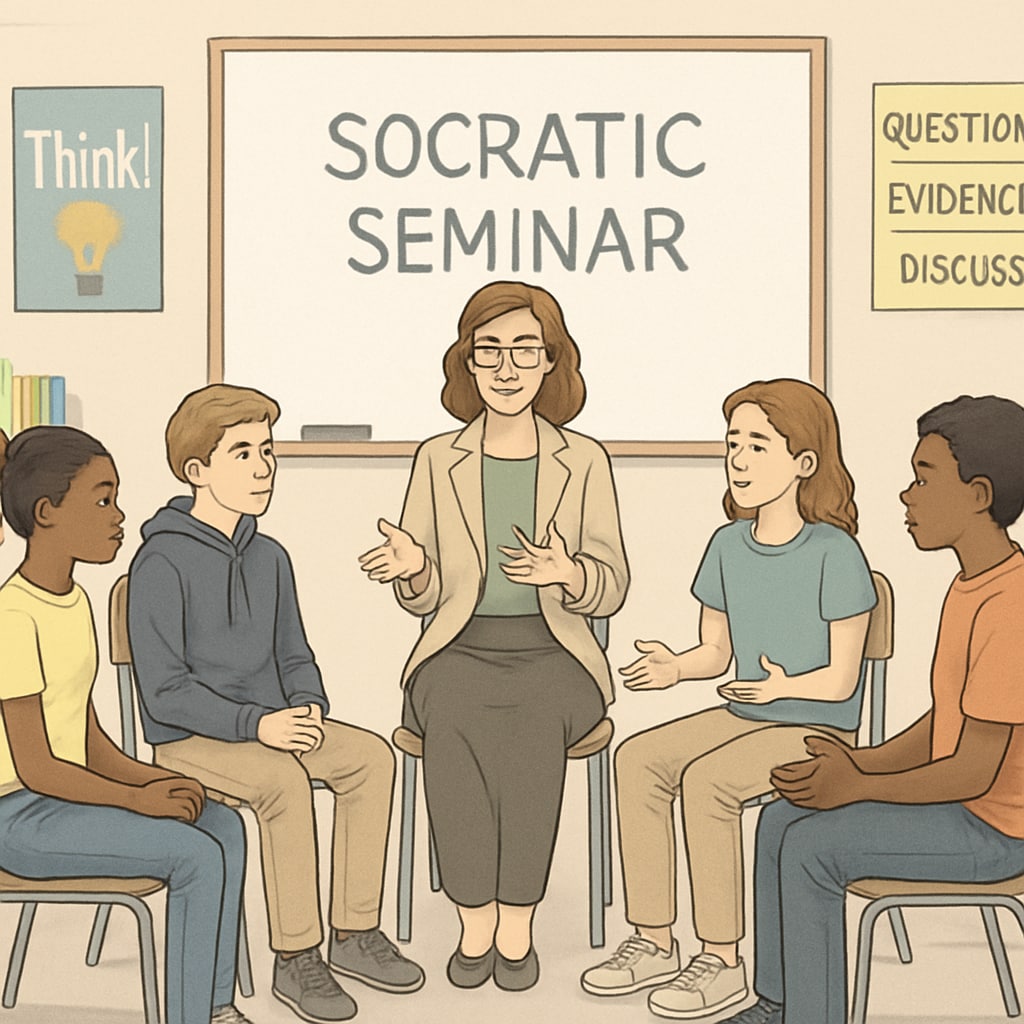Incorporating psychology, philosophy, and self-learning resources into the K12 educational journey can profoundly influence a student’s ability to understand themselves and the world around them. These disciplines nurture critical thinking, self-awareness, and ethical reasoning, equipping young minds with tools to navigate life’s challenges. While the traditional curriculum often overlooks these subjects, non-academic approaches can bridge the gap. This article outlines practical strategies and resources for educators and parents to ignite students’ curiosity in psychology and philosophy.
The Value of Psychology and Philosophy in K12 Education
Psychology and philosophy are foundational for personal and intellectual growth. Psychology helps students understand emotions, behavior, and interpersonal relationships. Meanwhile, philosophy encourages them to question assumptions, explore ethical dilemmas, and develop reasoning skills. Introducing these subjects early can foster empathy, resilience, and critical thinking—skills vital for both academic success and personal fulfillment.
Unfortunately, K12 curricula often prioritize measurable academic outcomes over these softer but equally essential skills. As a result, it’s up to educators and parents to seek alternative, non-academic avenues. By using creative methods and accessible resources, they can give students the opportunity to explore these disciplines in a way that feels both engaging and relevant.

Self-Learning Resources for Psychology
To introduce psychology in a non-academic setting, educators and parents can leverage a variety of resources tailored to young learners:
- Books: Accessible and age-appropriate books like The Psychology Book by DK or titles from the “For Beginners” series can provide a solid introduction to key concepts.
- Online Platforms: Websites like Simply Psychology offer simplified explanations and case studies that are suitable for young students.
- Interactive Courses: Platforms such as Coursera and Khan Academy provide free or affordable courses tailored for beginners in psychology.
In addition, engaging students in discussions about real-life scenarios—such as understanding peer pressure, dealing with stress, or resolving conflicts—can make psychology practical and relatable. These conversations help students see the subject not as abstract theory but as a toolkit for everyday life.
Philosophy: Encouraging Deep Thinking
Philosophy introduces students to the art of questioning and reasoning. While this may sound intimidating, it can be simplified through relatable topics and engaging activities. Here are some effective ways to integrate philosophy into K12 education:
- Socratic Seminars: Encourage open dialogue on questions like “What is happiness?” or “What makes something right or wrong?”
- Children’s Philosophy Books: Titles such as Sophie’s World by Jostein Gaarder or the “Big Ideas for Curious Minds” series simplify complex ideas for young readers.
- Philosophy Podcasts: Shows like Philosophize This! provide bite-sized episodes that are engaging and easy to follow.
Additionally, philosophy can be integrated into daily discussions. For example, after watching a movie or reading a story, ask students to analyze the moral dilemmas faced by the characters. This encourages them to think critically and form their own perspectives.

Practical Tips for Parents and Educators
To make the most of these resources, here are some actionable tips for parents and educators:
- Start Small: Begin with short, engaging materials like videos or articles to spark interest.
- Encourage Curiosity: Allow students to explore topics that resonate with them personally, whether it’s the psychology of emotions or philosophical questions about life.
- Create a Safe Space: Foster an environment where students feel comfortable expressing their thoughts and questions without fear of judgment.
- Incorporate Technology: Use apps and online forums to make learning interactive and dynamic.
By integrating psychology and philosophy into their daily lives, students will develop a deeper understanding of themselves and others. This holistic approach to learning can prepare them not just for academic success, but for life as thoughtful, empathetic individuals.
The Long-Term Benefits of Non-Academic Learning
Incorporating psychology and philosophy into K12 education fosters lifelong skills. Students gain the ability to analyze problems, empathize with others, and make ethical decisions. These qualities are not only valuable in personal relationships but also in professional and societal contexts.
Moreover, the non-academic approach to learning encourages intrinsic motivation. By exploring subjects out of curiosity rather than obligation, students develop a love for lifelong learning. Psychology and philosophy thus become more than just subjects—they become tools for navigating the complexities of life.
In conclusion, introducing psychology, philosophy, and self-learning resources during the K12 phase can transform education. These disciplines offer students a chance to explore their inner worlds, challenge their assumptions, and develop a thoughtful approach to life. As educators and parents, we have the opportunity to guide young minds on this enriching journey.


